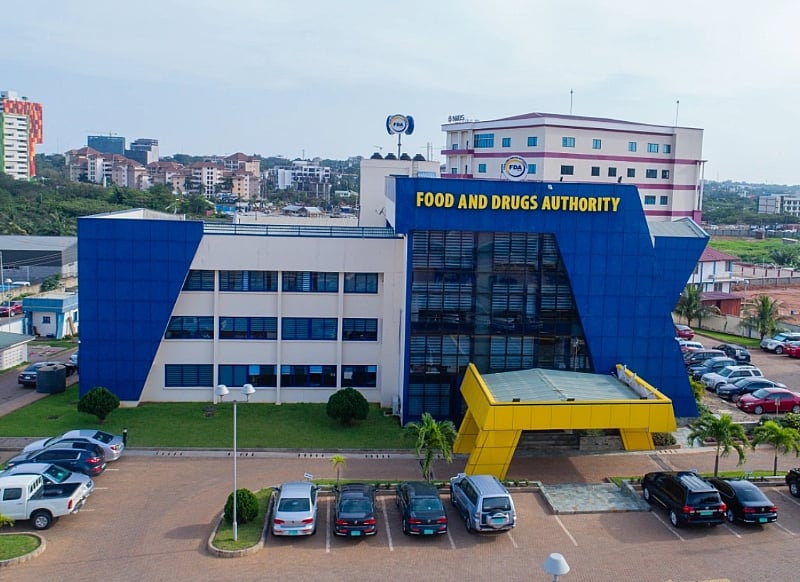Joshua Anoumou Agbenu, a Communications and Research Practitioner, has urged the Food and Drug Authority (FDA) to take more proactive measures in reducing the flow of illicit drugs into the country.
In a social media post on Wednesday, April 9, Agbenu addressed the urgent issue of “Red,” a hazardous combination of tapentadol and carisoprodol that has become a major worry in Ghana.
This illegal substance, also known as Tafrodol and Super Royal-225, causes serious health hazards such as seizures, respiratory distress, and even loss of lives.
He underlined that, while the FDA has made significant progress, such as being recognized by the World Health Organization (WHO) and the success of its Risk-Based Post-Marketing Surveillance initiative, the Authority’s efforts in monitoring the drug trade must be enhanced.
“While these are impressive for image and reputation ratings, do you not agree that relaxation on your oars only becomes destructive to the very delicate objectives of the Authority and the wellbeing of the citizens you serve?” Agbenu questioned.
Agbenu pointed out that major drug-related issues were only discovered as a result of external investigations, such as those conducted by The Fourth Estate and BBC Africa Eye.
“What happens to unauthorized drugs not brought to light by the Fourth Estate or BBC Africa Eye? What happens to unlicensed fake drugs being peddled into the bodies of Ghanaians by reason of passive vigilance from your end?” he asked.
The research and communication practitioner further criticized the FDA’s reliance on other agencies, such as the Narcotics Control Commission and Customs Division, to enforce drug regulations.
Agbenu also suggested that the FDA rethink its media monitoring strategy and prioritize increased public engagement.
“Get transactional with the media and the public. Persons or groups who report unauthorized or unlicensed drugs to the Authority receive a beautiful or handsome reward. Stay true to those promises,” recommends Agbenu.


